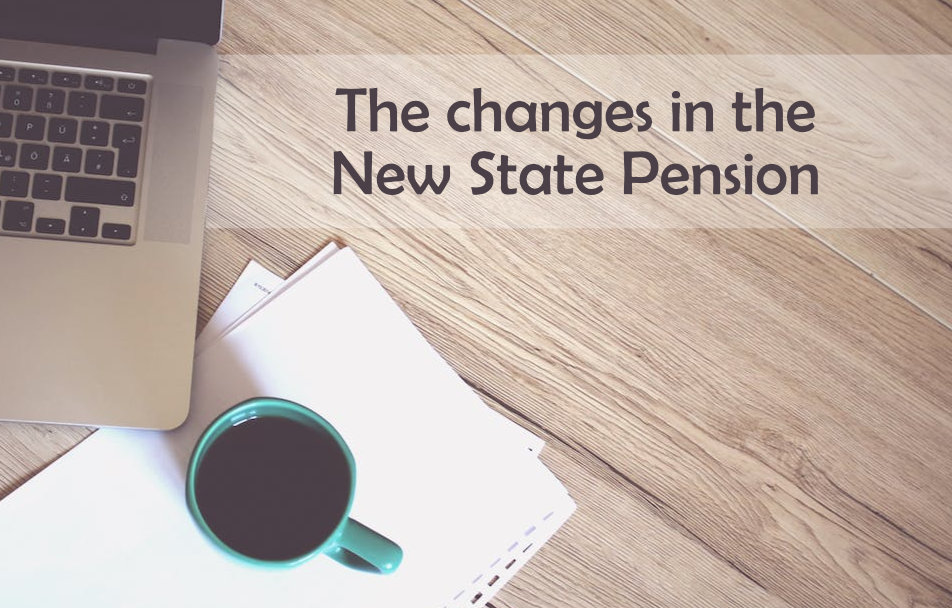The new state pension will start in April 2015 with the introduction of a single-tier state pension which aims to simplify state pension advice for those retiring.
An individual’s state pension is based on their National Insurance record.
Under the current system the all-important figure is 30 years of qualifying National Insurance contributions. That gets you the full basic state pension of £115.95 per week.
That will rise with the new flat rate regime to 35, which will get you the new pension of no less than £151.25.
This means you need to have had 35 years of working and paying Nics (as National Insurance contributions are known, to get the flat rate pension from April 2016.
Both allow you to purchase extra credits if you don’t have enough working years to ensure you get the maximum amount you are entitled to.
But you can also earn extra benefits, such as the state second pension, which boosts your payout depending on how long you have worked for, and pension credit, which tops up your income if below a certain threshold.
If you have had periods out of work then you may not have a full 30 years of National Insurance contributions.
This is something that has affected many women, who took time out of work to raise children. You can buy extra credits to make up the shortfall.
There will be no more pension credit or second state pension from April 2016.
Those with fewer than 35 qualifying years but above the minimum qualifying period of 10 years, will get a proportionally smaller amount.
For example, someone with 25 years would get 25/35th of the full single-tier pension.
You could use the state pension calculator to see what you are entitled to or if you are within 30 days of your state pension age you could contact the Pension Service to get a statement of what you are entitled to.
As with the current system, you will be able to buy extra credits by completing form N138- these add years onto your NI record up to state pension age. These are known as Class 3 contributions and cost £14.10 for each week.
The weekly cost is £14.10 in the 2015/16 tax year, or £733.20 a year for each complete year that you buy.
The cost can change each year and you have up to six years from the date you become eligible for the state pension to apply for extra credits.
Buying an extra year currently costs £733.20, this is likely to change.
An explanation on the Government’s Gov.uk website explains: ‘You may be able to get more State Pension by adding more qualifying years on your National Insurance record after 5 April 2016 (until you reach the full new State Pension amount or reach State Pension age – whichever is first).
‘Each qualifying year on your National Insurance record after 5 April 2016 will add about £4.32 a week (which is £151.25 divided by 35) to your new State Pension.’
Each extra year would be worth about £225 a year in pension income.
One thing that is important to consider when buying extra years of pension is that the state pension is linked to inflation and should rise each year. At the moment it benefits from the Triple-lock, which means it will go up by the higher or the rise in average earnings, inflation, or 2.5 per cent.
What if you retire before the new pension arrives?
The Government has set up a system where from 12 October 2015 to 5 April 2017 you’ll be able to make a ‘Class 3A voluntary contribution’ to top up your state pension by between £1 and £25 per week.
This will enable those with the current basic state pension to add extra income that willput them closer to the new flat rate pension.
This option only applies to men born before 6 April 1951, currently aged 64-plus, and women born before 6 April 1953, currently aged 62-plus.
The cost of topping up varies on both how much extra pension you wish to buy and your age – the older you are the cheaper it gets, as you are less likely to draw that higher pension for longer.
The Government gives the example of a 68-year-old in October 2015 who would pay £827 a year for every £1 extra of pension they wanted to buy.
To buy an extra £5 per week, or £260 per year, would cost them £4,135.
Source Gov.uk
For advice on your state pension contact Credencis.
Credencis – Pension advice Nottingham
“Live for today, Invest for tomorrow”

